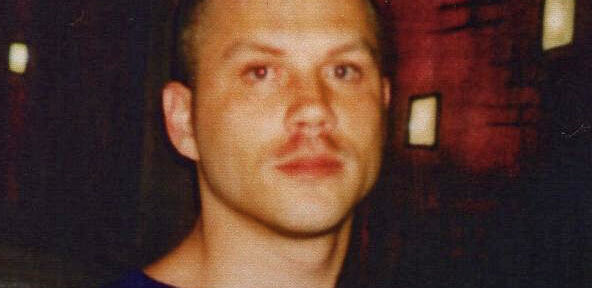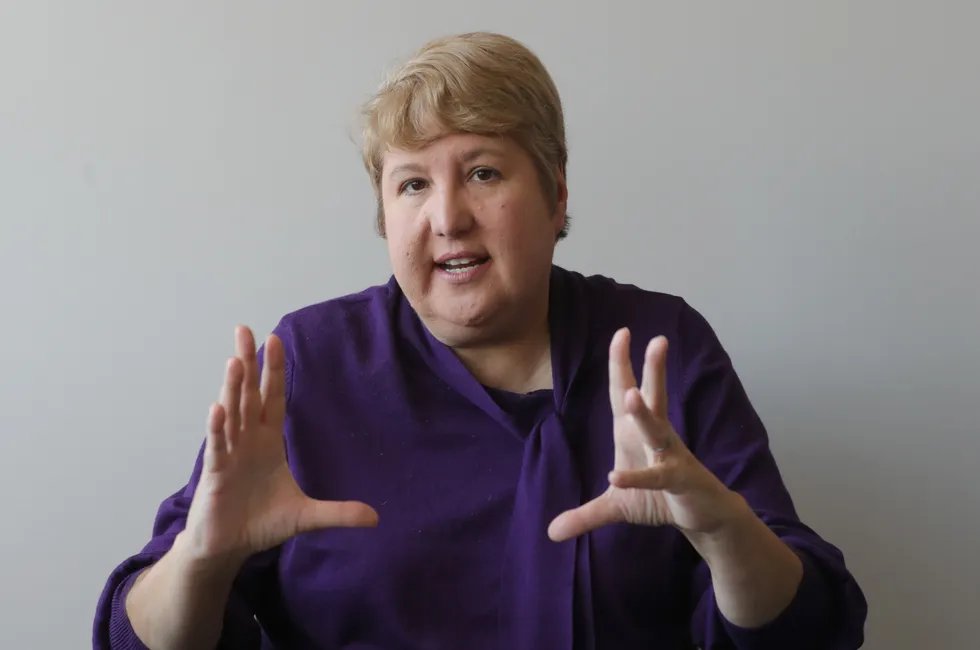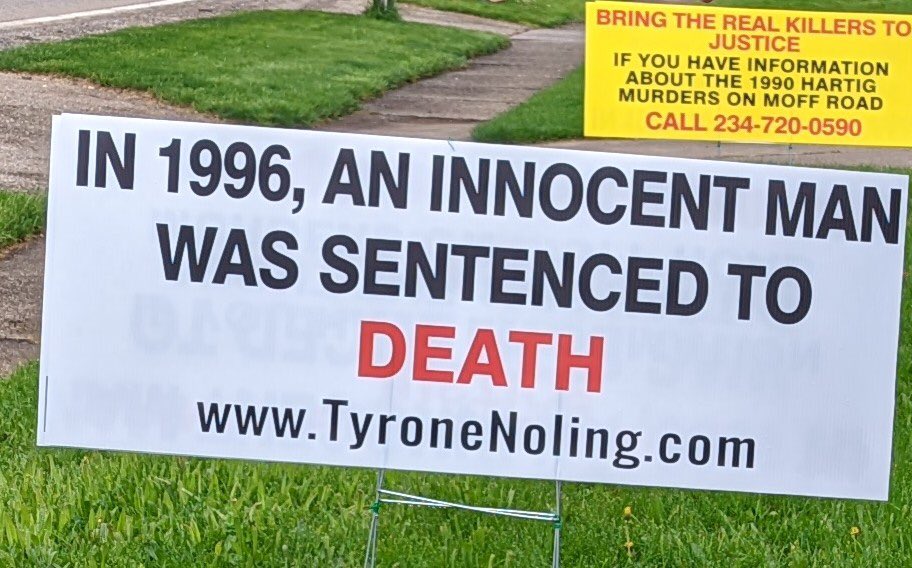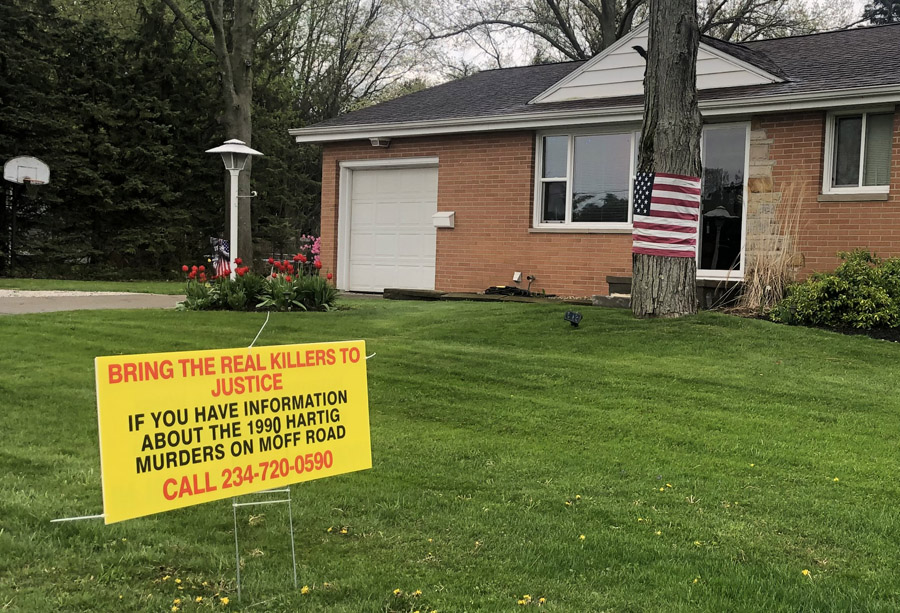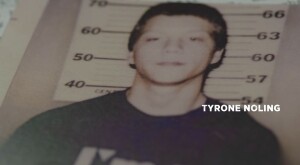(please scroll down to see continued updates on Tyrone’s case)
Coerced Confessions & No Physical Evidence
In 1996, Tyrone Noling was sentenced to death for a double homicide that occurred five years earlier in Atwater, Ohio, a town Tyrone had never been to. He was only 23 at the time of his sentencing. In exchange for complete immunity or no additional jail time, two of Tyrone’s co-defendants testified against him, asserting Tyrone was the triggerman in the murders. They recanted their testimony after trial. A third co-defendant agreed to testify against Tyrone, but, when put on the stand during trial, the co-defendant recanted his prior statements, testifying instead that he had been coerced and threatened by Portage County investigators into implicating Tyrone. There is no physical evidence linking Tyrone to the crime scene, and without the coerced testimony of the three co-defendants, the State’s case against Tyrone is virtually non-existent. Tyrone has been sitting on death row for over 20 years for a crime he did not commit, and he continues to fight for his release and justice.
In 2009, a public records request revealed new—and potentially exculpatory—evidence in Tyrone’s case, including evidence pointing to alternative suspects. The new evidence included (1) notes in a Sheriff’s file reflecting a statement that Dan Wilson, who was convicted of and executed for an unrelated murder, admitted to murdering the Hartigs; (2) DNA evidence from a cigarette butt found in the Hartig’s driveway during the murder investigation that excluded Tyrone but did not exclude Dan Wilson; and (3) statements regarding Dennis Van Steenberg regarding his mysterious and deceptive efforts to conceal a missing .25 caliber handgun, the same caliber and gun type the police believed was used in the Hartig murders.
In light of this newly discovered evidence, in 2010, Tyrone began to seek a new trial in the Portage County Court of Common Pleas. The trial court denied those efforts, concluding that because the prosecution had an “open file” discovery policy at the time of trial, Tyrone failed to demonstrate he was unavoidably prevented from discovering the exculpatory evidence at the time of his original trial. In 2014, the Eleventh District Court of Appeals reversed the trial court’s decision and remanded to the trial court for further proceedings to determine whether the evidence at issue was part of the open file or otherwise available at the time of Tyrone’s original trial.
For the past four years, Tyrone has been trying to gain access to the State’s files to answer the Eleventh District’s question—was the evidence in question available to Tyrone at the time of his original trial? Tyrone filed with the trial court a series of motions asking the court to act on the Eleventh District’s instructions and grant him access to the State’s files, and the trial court denied Tyrone on three separate occasions. Tyrone finally appealed the issue to the Eleventh District. In 2022, the Eleventh District held in Tyrone’s favor once again and instructed that “[Tyrone] and his expert must be granted access to the files at issue.”
Following this second appellate ruling mandating access, Tyrone, through his counsel, reached out to the State several times to arrange for his lawyers and expert to gain access to the files only to be rebuffed by State officials. So Tyrone found himself before the trial court again, asking the court to comply with the directives from the Eleventh District. Rather than simply allowing Tyrone or his expert access to the documents as explicitly required by the Eleventh District, the trial court ordered a hearing at which Tyrone would need to prove that his expert’s testimony would itself be admissible (even though that question is impossible to answer until the expert accesses the evidence in question and develops expert opinions about it). On appeal of that order, the Eleventh District held for Tyrone a third time, and remanded the matter for the trial court to reconsider its ruling that conditioned Tyrone’s access to the documents on proving his expert’s testimony would be admissible.
To this date, the trial court and the prosecution continue to violate multiple mandates from the Eleventh District by refusing to allow Tyrone access to the States’ files. Their actions have only served to further delay justice in this case. Today, Tyrone is waiting for the trial court to act on the remand order.
